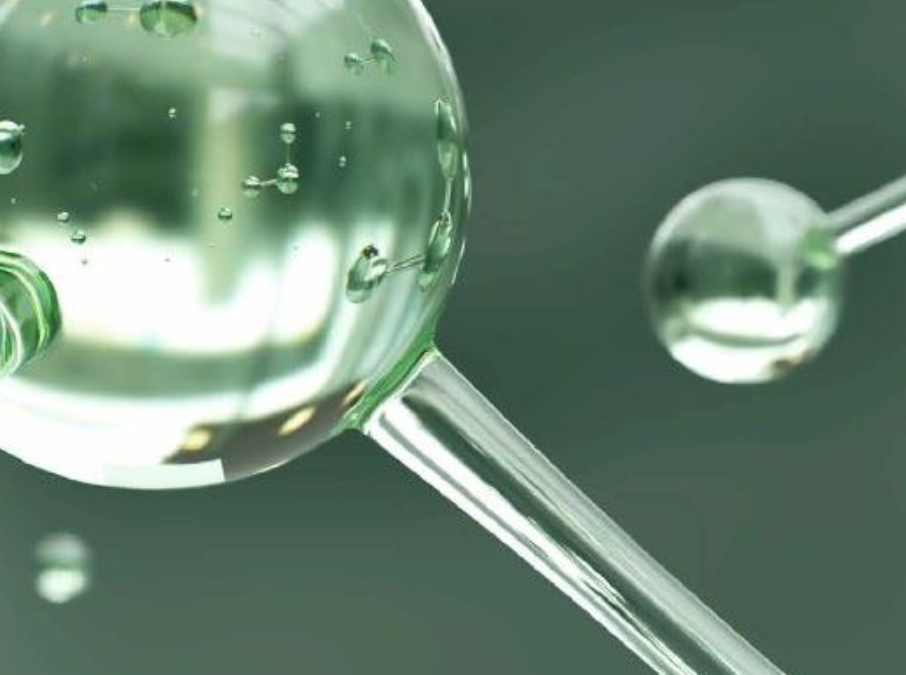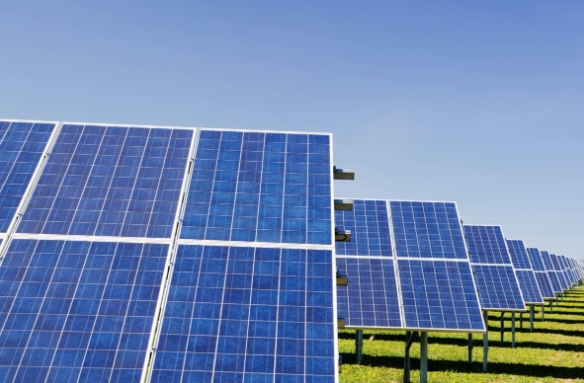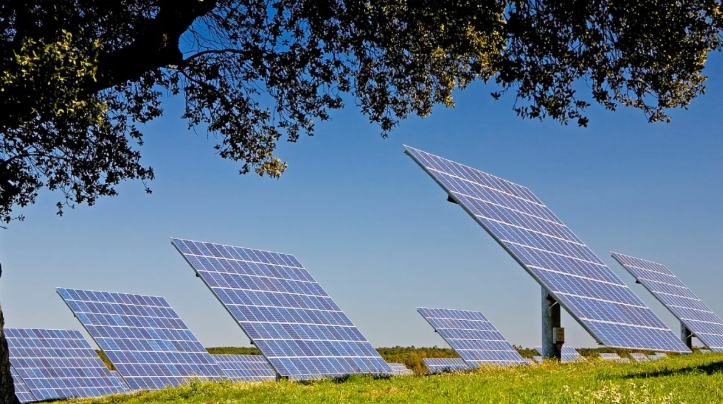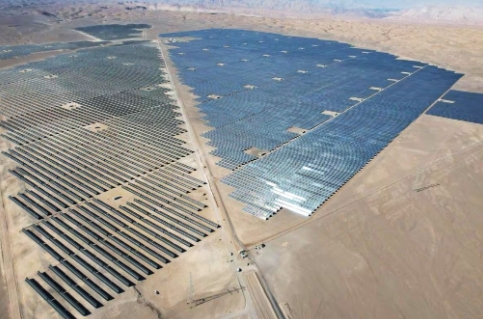New analysis from Hydro Tasmania shows the state is in a unique position to lead the nation in the production of green hydrogen from clean energy sources.

Hydro Tasmania’s CEO, Steve Davy, said a large-scale, cost-competitive green hydrogen production industry could be developed in the state over the coming decade. “Our analysis indicates that green hydrogen can be produced in Tasmania for approximately 10 to 15 per cent less than other Australian power grids, needing to offset emissions and 20 to 30 per cent less than from dedicated off-grid renewables, due to the high plant utilisation that can be supported by Tasmania’s hydropower,” Mr Davy said.
Davy continued: “Other advantages include reliability of supply due to the state’s high level of energy security and stability, self-sufficiency in renewable energy by 2022, strong transport infrastructure options and more options for supply through development of further interconnection and the Battery of the Nation initiative.
“As countries like Japan and South Korea look to green hydrogen as a way to meet emissions reduction targets, hydrogen production has the potential to further support large-scale investment in new renewables, as well as direct employment.
“It also opens the door to the creation of industries around related technology and the development of local expertise, bringing substantial benefits for the Tasmanian economy…Hydro Tasmania stands ready to support the development of a green hydrogen industry in the state.
“This includes taking a lead role in establishing a program to explore the integration of green hydrogen production with renewable energy systems, such as the ability to use excess solar and wind generation to produce hydrogen by electrolysis. This could make use of existing facilities including the King Island and Flinders Island renewable energy integration hubs.
“The program will also provide resources and expertise to assess the feasibility of redeveloping the Bell Bay Power Station site and facilities for hydrogen production and export, as well as supporting trials of the application of domestic hydrogen and related products to energy transport and storage and other industries, Mr Davy said.







